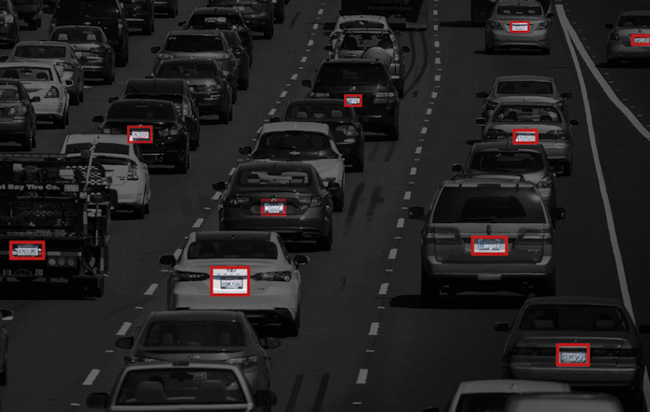License-Plate Scans Aid Crime-Solving but Spur Little Privacy Debate
Mass surveillance, warrantless searches help police track
down stolen cars,
suspected Capitol rioters despite scant public awareness of data troves

The vast network of automated license-plate scanners, which has been growing for
decades, makes it nearly impossible to drive anywhere in the U.S. without being
observed.
The scanner data has become a key tool for law enforcement from local police to
the Justice Department, requiring no warrant to access.
The scanners, which automatically grab images of any plates they identify, are
an often-overlooked layer of the surveillance that blankets Americans, along
with social media, online searches, mobile-phone apps and credit-card purchases.
wsj.com
Some see the privacy downsides as considerable.
“License-plate readers are mass surveillance technology,” said Dave Maass,
director of investigations at the Electronic Frontier Foundation, which
advocates for better privacy protections. “They are collecting data on everyone
regardless of whether there is a connection to a crime,” said Mr. Maass, “and
they are storing that data for long periods of time.”
License-plate readers are part of police departments’ expanding arsenal of
surveillance tools that also include social-media monitoring, facial-recognition
software, internet-connected doorbells and camera networks—all of which have
privacy implications.
&uuid=(email))
Fast-food restaurants are experimenting with using the technology for payment at
drive-throughs, and some technology vendors offer them the option of sharing
their data with networks available to law enforcement.
The value to crime solving isn’t in dispute. In 2017, an Ohio State University
student named Reagan Tokes was reported missing and later found dead.
Defendants haven’t succeeded in bringing legal challenges to the use of
incriminating plate data. However, the Supreme Court has recognized the privacy
implications of new technologies. In one landmark 2018 decision, Carpenter v.
U.S., the court ruled police need a warrant to access mobile-phone data.
Privacy advocates say the ruling, in which the court saw a role for itself in
placing “obstacles in the way of a too permeating police surveillance,” might
apply to license-plate readers, should the right case come before the court.
“Your actual travel patterns can reveal very personal information about
yourself,” said EFF’s Mr. Maass, “like what doctors you visit, where you
worship, where you work, who you’re dating.”
Some local police have sought to deploy plate-scanning networks in ways that
address privacy concerns.
One police department keeps the data for only 30 days and doesn’t share it
with any other law-enforcement agencies. Its dispatchers get alerts whenever
a “hotlist” vehicle identified as stolen or involved in a violent crime enters
the city, allowing police to respond.
wsj.com